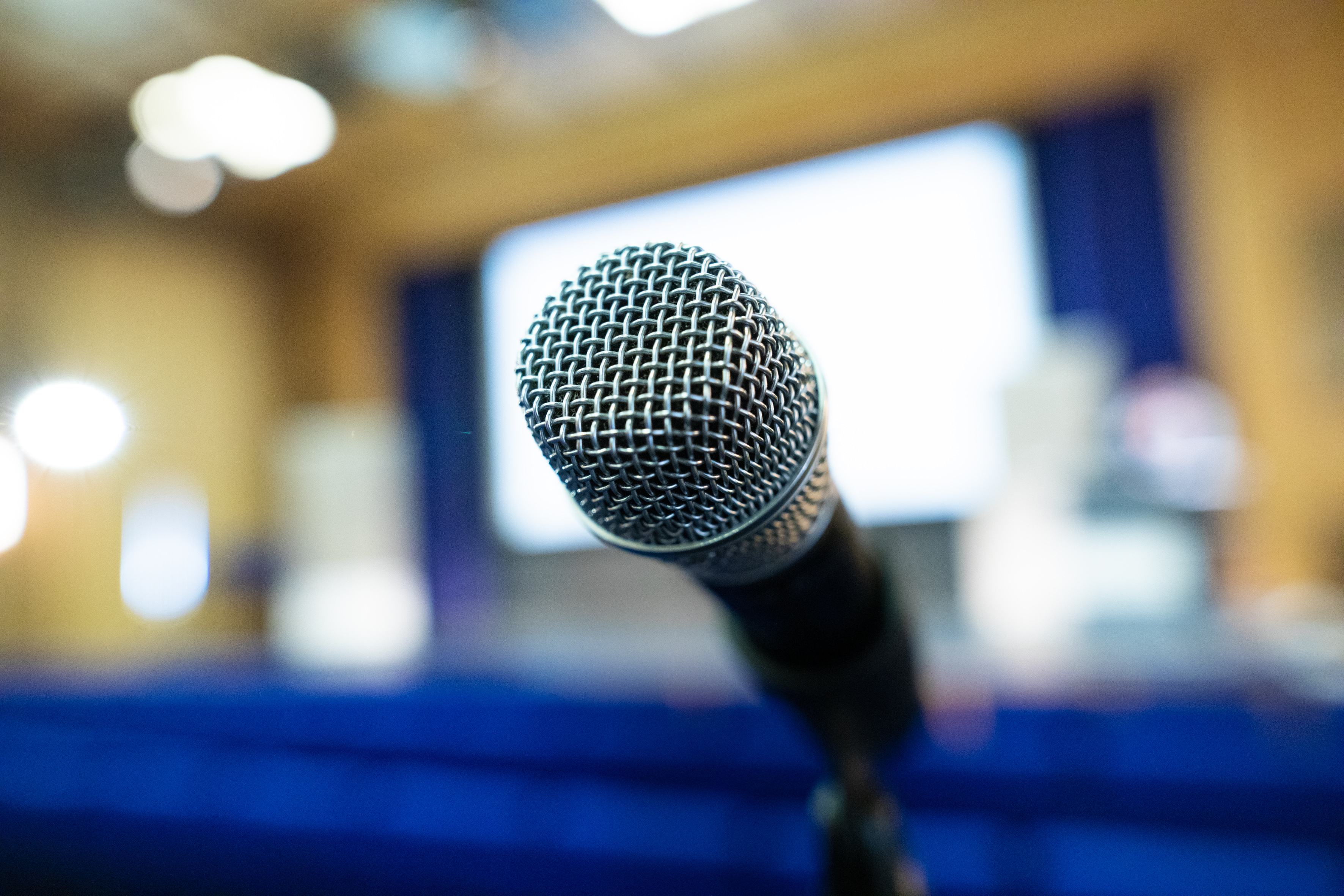Veranstaltung

26.11.2019
15:00 Uhr - 18:00 Uhr | Weizenbaum Institute, Hardenbergstraße 32, 10623 Berlin, Room A104/A105
Fellows: Gameli Adzaho, Dr. Stefanie Wuschitz, Marie Kochsiek
Please find below the program of the Weizenbaum Colloquium on 26 November 2019
15:00-16:00
Gameli Adzaho (Africa Open Science and Hardware / Global Lab Network): The Role of Open Science Communities in Transformations Towards Global Sustainability
Abstract:
The onset of the Sustainable Development Goals (SDGs) has given the world a structured framework to view global development. Critical transformations in society are needed to attain these noble goals, including how science is commissioned, where it is done, what is investigated, who gets to participate, and how it is applied. Open Science creates pathways to education, research, and innovation that is more cost-effective, inclusive, participatory, and community oriented. It leverages on technology to put much needed tools and resources into the hands of researchers, innovators, DIY hobbyists, activists, and anybody willing to participate. This is crucial in an era where evidence-informed decision making is at risk due to increasing political polarisation and a growing gulf between science and the public. Considering the complexity underlying most of the world’s most pressing challenges including education, employment, health, climate change, and urban development, it is crucial to consider how inclusive participatory models could present relevant solutions to the needs of communities.
This talk analyses key sustainability challenges by examining their socio-ecological foundations and consequences. It further explores examples of community oriented approaches being used to address them, discussing their outcomes and challenges. Drawing insights from desk research, interviews and site visits with practitioners in Berlin, and presenter’s experience working on grassroots initiatives such as Global Lab Network in Ghana and Africa Open Science and Hardware Summit, key recommendations for research and practice are made.
16:00-17:00
Dr. Stefanie Wuschitz (Mz* Baltazar’s Lab, Academy of Fine Arts Vienna)
Feminist Hack Collectives (as Breeding Ground for Open Source Tech, Mutual Care and Resistance)
Abstract:
Stefanie Wuschitz is researching DIY tech communities with a focus on feminist hackerspaces. These spaces are organised and maintained by grassroots collectives of women* and non-binary people. Together, they facilitate peer to peer learning situations with awareness to intersectional forms of segregation. For example in workshops to experiment with open source hardware, appropriating it to build self-made sex toys, sustainable menstruation pads, strategic open streetmaps, tiny pirate radios, noise instruments or fertility apps. These artefacts turn into tools for thinking, disassembling the black box and instigating meaningful debates. Hacking is here interpreted as the practice of questioning power structures and learning, in particular through unpacking how gender norms and ICT are being co-produced.
As a researcher and simultaneously as a member of the Vienna-based collective 'Mz* Baltazar’s Lab’, Stefanie Wuschitz visited tech communities all over the world and will in particular talk about the rich scene of feminist hackers, makers, activists and artists on Java, Indonesia. Neighbourhood-centred initiatives in Central Java maintain online and offline spaces as commons, as spaces for critical thought, creativity and mutual self care. While their online space serves as an outreach interface to European and North American, African and Asian tech communities, their neighbourhood-based offline spaces allow them to temporarily inhabit safer spaces as autonomous zones. Workshop participants seize them not only for networking with likeminded people, but also to develop tech projects that meet local needs.
17:00-18:00
Marie Kochsiek (Heart of Code e.V., Bloody Health Collective)
The Qualified Self and Feminist Health Technologies
Abstract:
While long being niche technologies for decision-making powers in the tech world, period and sexual health tracking technologies have evolved to being part of the current default set of health apps, and so-called ‘Femtech’ is on the rise. The commercialisation of technologies does not spare the intimacy of health data from being exploited for advertisement.
During her fellowship in the research group ‘Production Possibilities of the Maker Culture’, and in close collaboration with Marie Dietze, Marie Kochsiek has been exploring the potentials of using open soft- and hardware to envision and speculate on other possibilities of health technologies – tackling issues of lacking self-sovereignty, the commercialisation of body data in neoliberal times, and the production and reinforcement of gender stereotypes.
The next Weizenbaum Colloquium will take place on 10 December 2019 from 1.00 to 5.00 p.m.
The following fellows will give a presentation:
- 1.00-2.00 p.m. – Vidisha Mishra (research group 7)
- 2.00 -3.30 p.m. – Lena Ulbricht "The securitization of IT in organizations" (cross-sectional format “Security and Openness)
- 3.30-5.00 p.m. – Jason Whalley (research group 3)